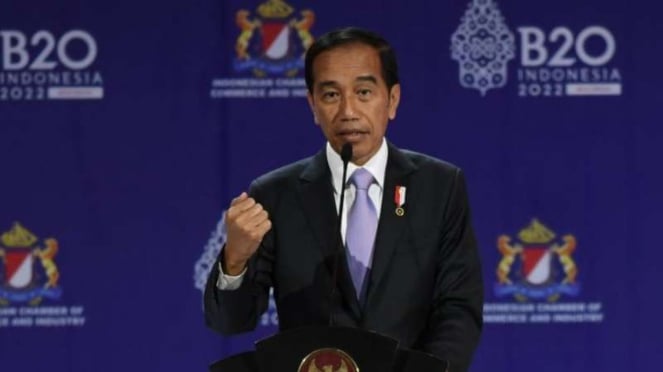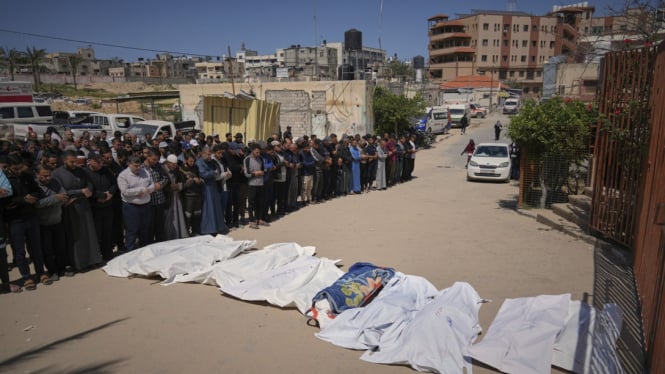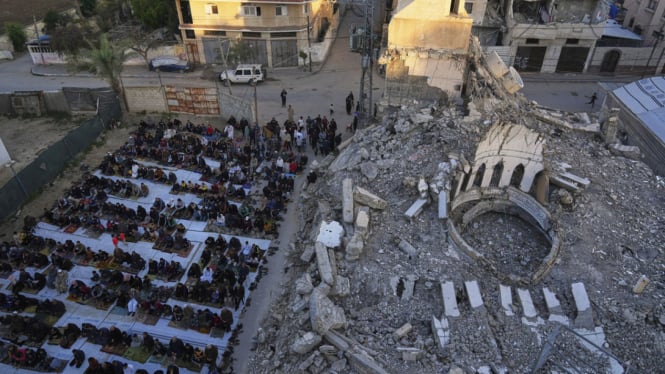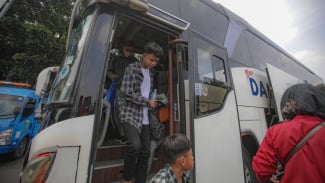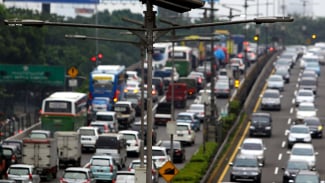B20 Summit Earns Communique, Recommendations, and Policy Actions
- Antara/Agung Rajasa.
VIVA – The B20 Summit, an official G20 forum representing the global business community has earned a communique, 25 policy recommendations, and 68 policy actions. B20 Indonesia Chair, Shinta Widjaja Kamdani said the recommendations are a legacy to support the revival of the global economy from the COVID-19 pandemic.
"Together, we have reached a consensus with 25 policy recommendations and 68 policy actions," Shinta said at the closing of the B20 Summit in Nusa Dua, Bali, on Monday evening, November 14, 2022.
According to her, the post-pandemic economic recovery is shown by businesses starting to innovate to take advantage of new opportunities. As well as the current trade rebound.
Presiden Joko Widodo.
- Antara.
"I remember back when the President of Indonesia asked the B20 to work together to contribute to economic recovery, and now, we are entering a new era with a great reboot and the ability to manage even to get out of the crisis," Shinta Kamdani remarked.
"We now have the opportunity for a new economic era based on cooperation. It is in that spirit that I am proud to deliver Indonesia's B20 communique which includes our joint recommendations for G20 leaders," Shinta Kamdani added.
Shinta said that the B20 Communique produced under Indonesia's leadership includes three main elements, namely innovation, inclusiveness, and collaboration.
Innovation focuses on efforts to unlock post-crisis economic growth. These include unlocking digital opportunities across the economy, expanding cooperation to respond to cybercrime, and increasing funds for green infrastructure through innovative financing mechanisms that accelerate the energy transition.
In realizing inclusiveness, Indonesia continues to encourage the acceleration of digital transformation to empower MSMEs and vulnerable groups. With a focus on capabilities, entrepreneurship, and job creation.
Meanwhile, the spirit of collaboration between developed and developing countries needs to be promoted, especially to realize the architecture of health services. Which, is more equitable and creates guidelines on health emergency preparedness in the future.




